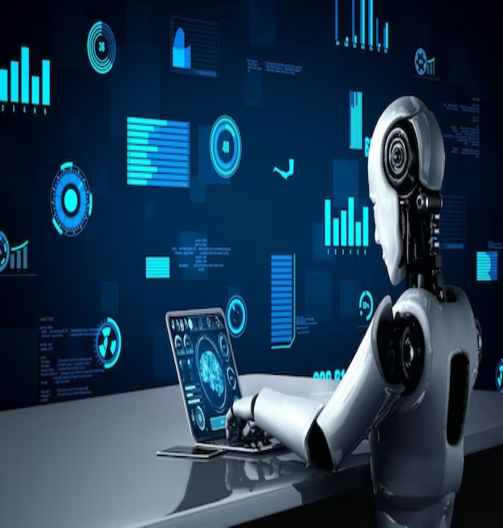
Robotic Process Automation
RPA is a valuable tool for organizations seeking to automate repetitive tasks, reduce human errors, improve operational efficiency, and free up employees to focus on more creative and strategic work. It complements other emerging technologies like artificial intelligence and machine learning and can be integrated into broader digital transformation initiatives within an organization.
Robotic process automation (RPA) is a technology that mimics the way humans interact with software to perform high-volume, repeatable tasks. RPA technology creates software programs or bots that can log into applications, enter data, calculate and complete tasks, and copy data between applications or workflow as required.
When combined with AI and machine learning, RPA can capture more context from the content it is working with by reading text or handwriting with optical character recognition (OCR), extracting entities like names, invoice terms or addresses using natural language processing (NLP), and capturing more context from images, such as automatically estimating accident damage in an insurance claim picture.
RPA is growing in popularity because it can reduce costs, streamline processing and drive better customer experiences. Another attraction of RPA software is that business units can implement it without their having to learn new tools or ask IT teams for support -- and without changing an organization's underlying IT infrastructure.
